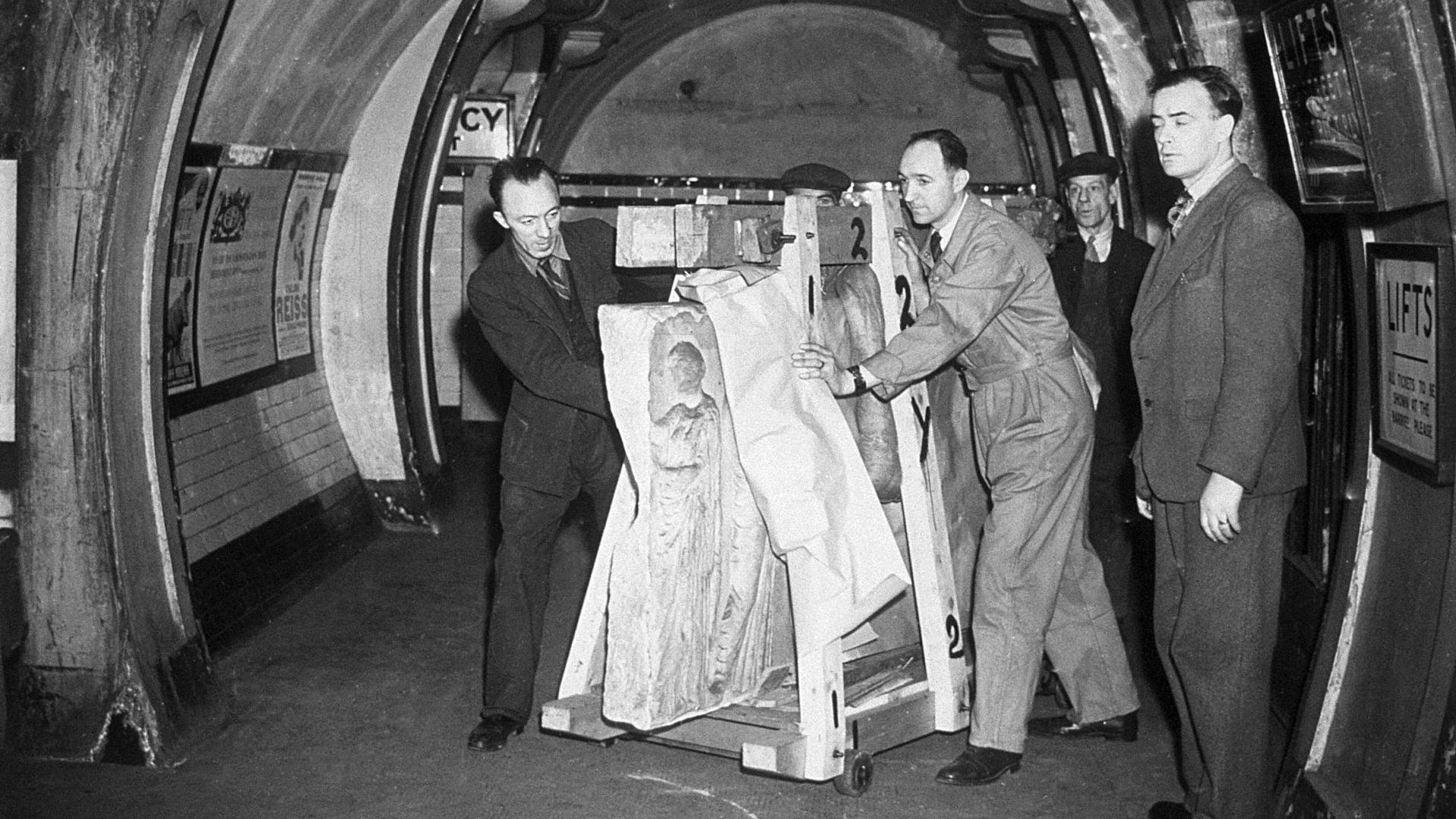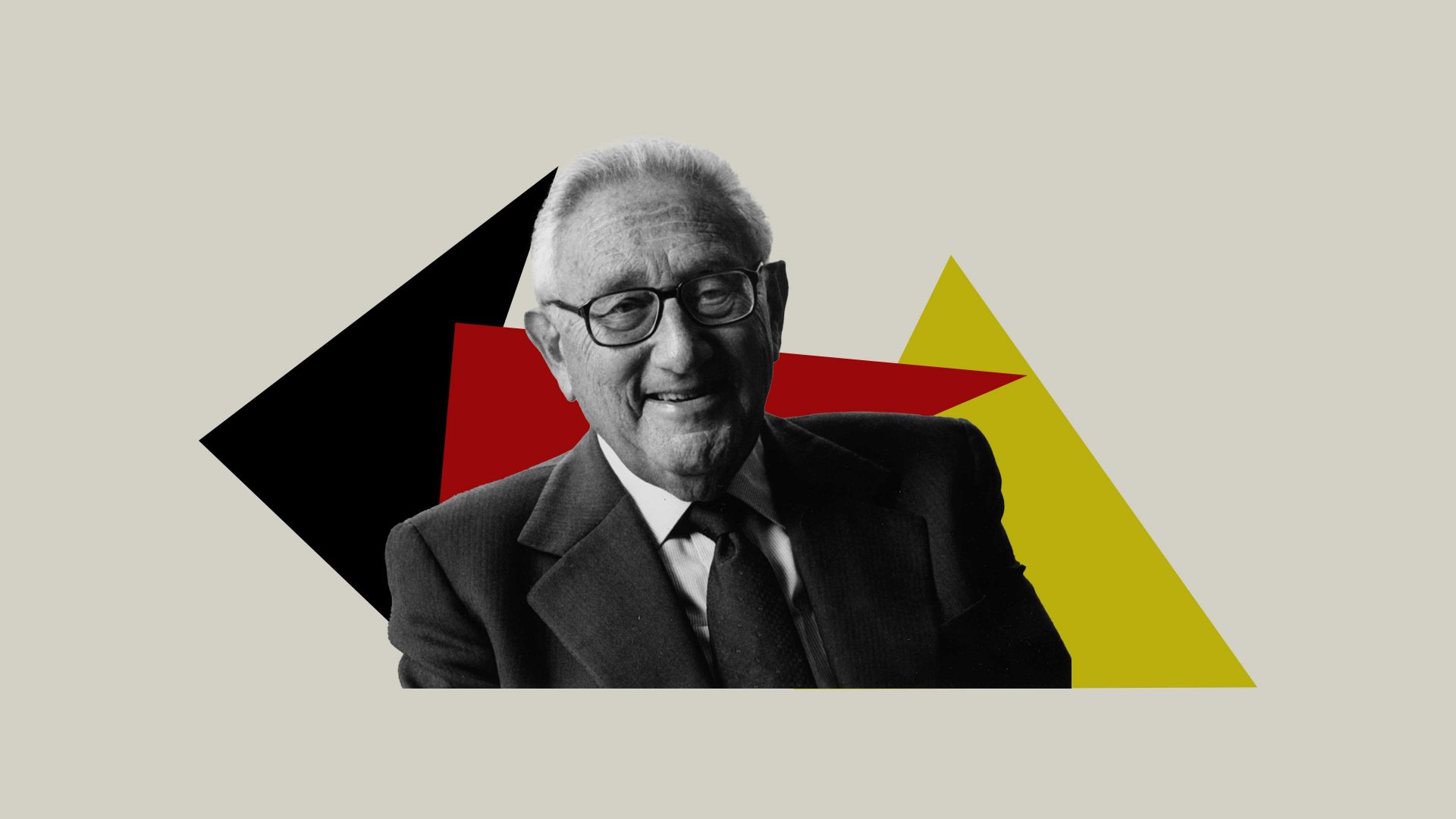During the most aggressive museum tour that I have ever experienced – at the opening of the Acropolis museum in June 2009 – I was shown a plaster replica, a deliberately bad replica at that, of parts of the Parthenon Frieze. Those parts that have been on display at the British Museum since 1817.
This replica of what is incorrectly known in Britain as the Elgin Marbles had pride of place at the opening. As a then-board member of the British Museum, I was clearly being given a message.
At the time, I appreciated the fact that Neil MacGregor, then director of the British Museum, had picked women to represent the museum in Athens. Those women were the BM’s keeper of Greece and Rome – the formal name of the person responsible for its artefacts from those ancient civilisations – and me.
In each of our hotel rooms, a kind of brooch made of silver or something rested on the table. I still have it. I think the two horseheads facing one another represent the longed-for return of the Frieze to its ancestral home.
The main address at the opening was clearly aimed at the British Museum. But we smiled at the back of the throng and raised our glasses on the very fact and triumph of this new museum. Later, we were led to the beautiful terrace overlooking the Acropolis to a table full of guys drinking and having a good old time. I suspect that some were journalists.
At some point, while we were all toasting Greece, one of them drunkenly told us – as if we were two secretaries lucky to be at the same table – to “tell your boss…” and then he went into a passionate statement about the Frieze. “Tell your boss!” he concluded.
I suppose the part of me that is still the southside of Chicago leaned forward to the gentleman and said: “This lady sitting here – she’s ‘the boss’. And me, I’m her boss. So, what was it that you wanted us to know again?”
The abrupt silence and the beautiful lights around the ancient Parthenon were wonderful. Later, what followed was a jovial but intense debate about the United Kingdom; imperial history; the beauty of the Frieze.
Nobody brought up the fact – and I was too tired to – that the Ottoman Turks, for 370 years the rulers of what is now the modern Greek nation-state, had zero interest in statues of pagan deities. So when Lord Elgin acquired parts of the Frieze, some say they had been on the floor of a temple that had been turned into an arsenal and then blown up in 1687, by the Venetians, fighting the Ottomans.
Elgin, with the consent of the Ottoman authorities, collected half of the surviving 50% of the Frieze on the Acropolis (together with other parts of the Parthenon sculptures), brought them to the UK and sold them to the British Museum in 1816.
Because that is what Great Britain used to do, that is what it was; a buyer, appropriator, expropriator, looter of other people’s stuff. The normal course of imperial business. Yet there is no longer a British empire.
I have an honour that has “British Empire” on it. I accepted it in memory of my late GI dad who helped this country to prepare for D-day. But aside from that, what does it mean now, the British empire?
It is easy for me to ask this question, I am British by naturalisation. It is easy, too, for younger generations to ask this question. They are detached in the sense that they weren’t around at the creation of the welfare state; the end of the second world war and life in a country stripped of everything but its spirit.
But the question is apt. And correct.
The Parthenon Frieze is another example of the big bad past that cannot be corrected or erased. Even if you want it to be.
Of course, the Frieze should be returned to Greece. The Benin Bronzes should also be returned to Nigeria.
The last director of the British Museum, Hartwig Fischer, has arranged for it to help with the archaeological exploration needed to prepare the ground for the building of a new museum in Benin City, Nigeria, by Sir David Adjaye. The museum will “reunify” the Bronzes back in Benin City from where they had been looted by the British in 1897. The Bronzes could be returned to be displayed there again, finally. For ever. But this got practically zero coverage in the UK press. Not tabloidy enough.
How, then, does the matter of the Parthenon Friezes resolve itself? It is clear that items of cultural heritage should be returned to their countries of origin. But culture now is under the control of what a witty friend of mine called “a carousel of Tories”, and their fellow travellers and enablers.
Whether the fiasco of the Greek PM coming to this country and being snubbed is part of British Museum chair George Osborne’s “let’s make a deal” diplomacy involving the Frieze is something I do not know. But Osborne is certainly part of the carousel.
Someone said to me that “most people haven’t ever heard of the Elgin Marbles and don’t care”. Well, that’s fascinating, since it is the British people – us – who pay for their housing and care.
Meanwhile, those of us who love the British Museum, who respect the hard-working people who run it for pretty low wages, have to ask now: what is the museum’s purpose? What are museums for? It was this question that I had in mind as I toured the Acropolis Museum that day years ago.
I saw a shield or some object there, I can’t remember now. What I do recall is that there was the image of a Medusa head on it. What I saw was the face of a black woman. She seemed to have her hair fashioned into dreads.
It reminded me that Africans must have been a fearful, ugly presence for the ancient Greeks. Because African women: black skin; the hair of African people; African features, all of that would have been the opposite of the ideal of Greek beauty, a standard still revered today. Could the Gorgons have been black people; black women from Cabo Verde, not far away?
This ancient artefact made me think of who I am, what I am now. To me, that’s what a museum, one holding ancient objects, should be doing: making us explore ourselves, then and now. Seeing our common humanity.
It is what the British Museum should be – a place of cognition. Even through the pain. But we humans are not there yet. Not yet.




